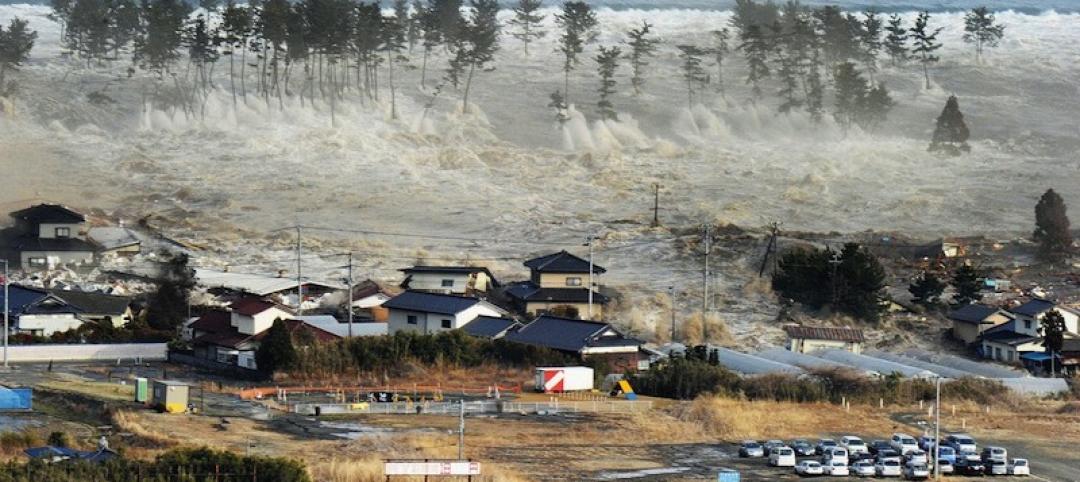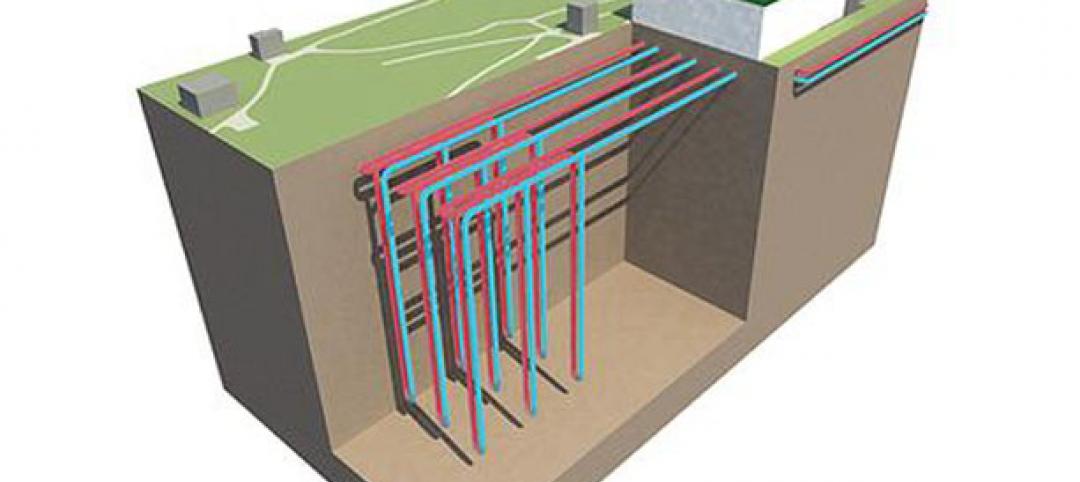The General Services Administration is likely to reduce the amount of office space the federal government uses over the next few years.
GSA’s administrator recently told a Congressional committee that 40% of its leases will expire over the next four years. That provides a chance to shift tenant agencies to properties the government owns, but maintenance is a key challenge.
Agencies could save $2 billion annually if they take advantage of the opportunity to move. GSA has saved $4.5 billion in lease costs to date through office consolidation, but many federal buildings have fallen into disrepair because of a lack of consistent funding for maintenance.
More than half of federal buildings in GSA’s portfolio are over 50 years old, and more than a quarter of them are over 75 years old. GSA needs to ensure designs of new federal buildings can be resilient to the impacts of climate change, one congressperson pointed out.
Related Stories
| Feb 26, 2013
CRSI releases new technical note on stainless steel reinforcing bars
The Concrete Reinforcing Steel Institute (CRSI) has released a new technical note, Frequently Asked Questions (FAQ) about Stainless Steel Reinforcing Bars, to its online collection.
| Feb 26, 2013
Proposed ASHRAE standard revisions would boost requirement for automatic lighting
Proposed changes to the ASHRAE/IES energy standard would require automatic lighting controls in more space types and shorten the times before lighting is automatically reduced or shut off.
| Feb 20, 2013
Bill would make all California state building codes free and open source
California Assembly Bill 292 would make the California Code of Regulations (including the Building Codes) open source.
| Feb 20, 2013
Pittsburgh’s Phipps Conservatory aims for three top green certifications
The $15 million Center for Sustainable Landscapes at Phipps Conservatory and Botanical Gardens in Pittsburgh, a net-zero facility, is applying for certification from three of the world's most stringent green rating systems—the Living Building Challenge, LEED Platinum, and the Sustainable Sites Initiative.
| Feb 20, 2013
ANSI/CRRC Cool Roof Standard has been approved
The Cool Roof Rating Council says the American National Standards Institute has given final approval of its ANSI/CRRC-1-2012 Standard after a two-year public review process.
| Feb 20, 2013
Group of West Coast civil engineers developing building standards for tsunamis
A group of civil engineers from around the western U.S. is developing additions to the building code to address the threat of a tsunami.
| Feb 20, 2013
Higher standards, efficiency programs keys to 40% energy usage reduction in commercial buildings since 1980
Commercial buildings have seen a drop in their energy intensity of more than 40% since 1980, according to a recent report from Bloomberg New Energy Finance and the Business Council for Sustainable Energy.
| Feb 12, 2013
Higher education institutions providing leadership on sustainability
More than 665 U.S. colleges and universities have publicly committed to pursue net-zero carbon emissions.
| Feb 12, 2013
ASHRAE publishes protocols for performance measurement
ASHRAE has published “Performance Measurement Procedures for Commercial Buildings: Best Practices Guide,” a how-to guide for continuously evaluating and improving the performance of commercial buildings throughout their service life.
| Feb 12, 2013
California resolves ADA inconsistencies with 2013 building code
The recently adopted 2013 California Building Code (CBC) revisions bring the state code in line with the federal Americans With Disabilities Act 2010.













